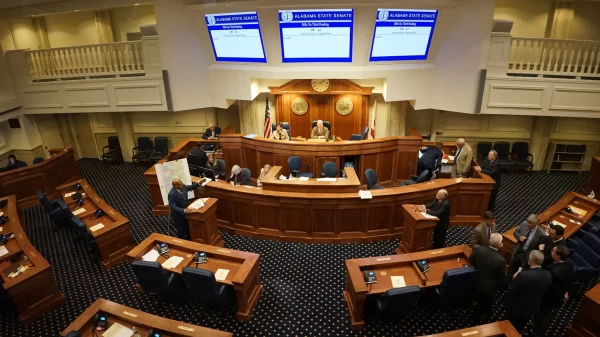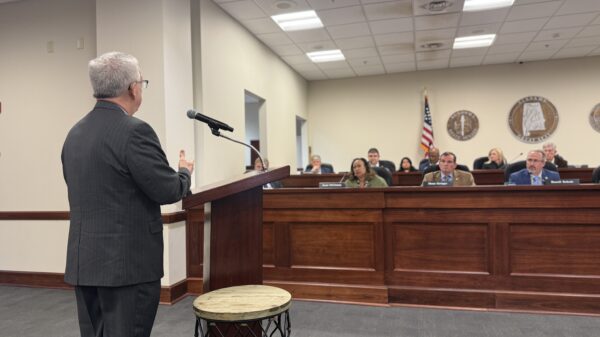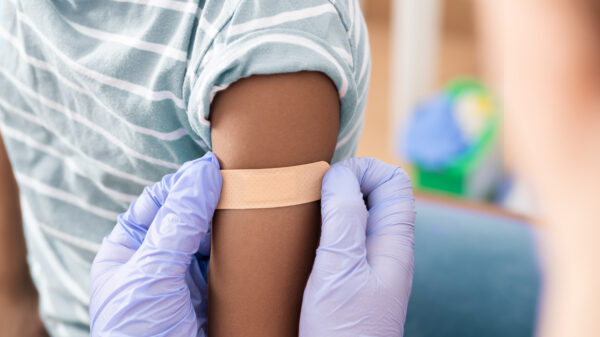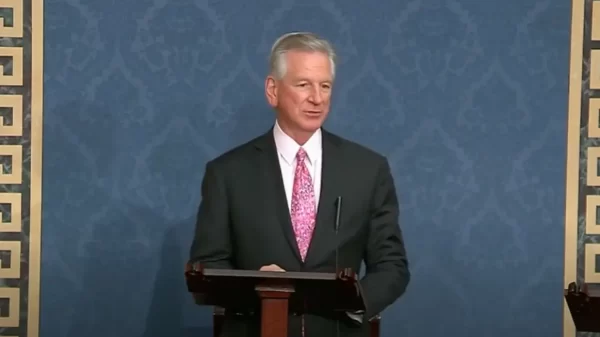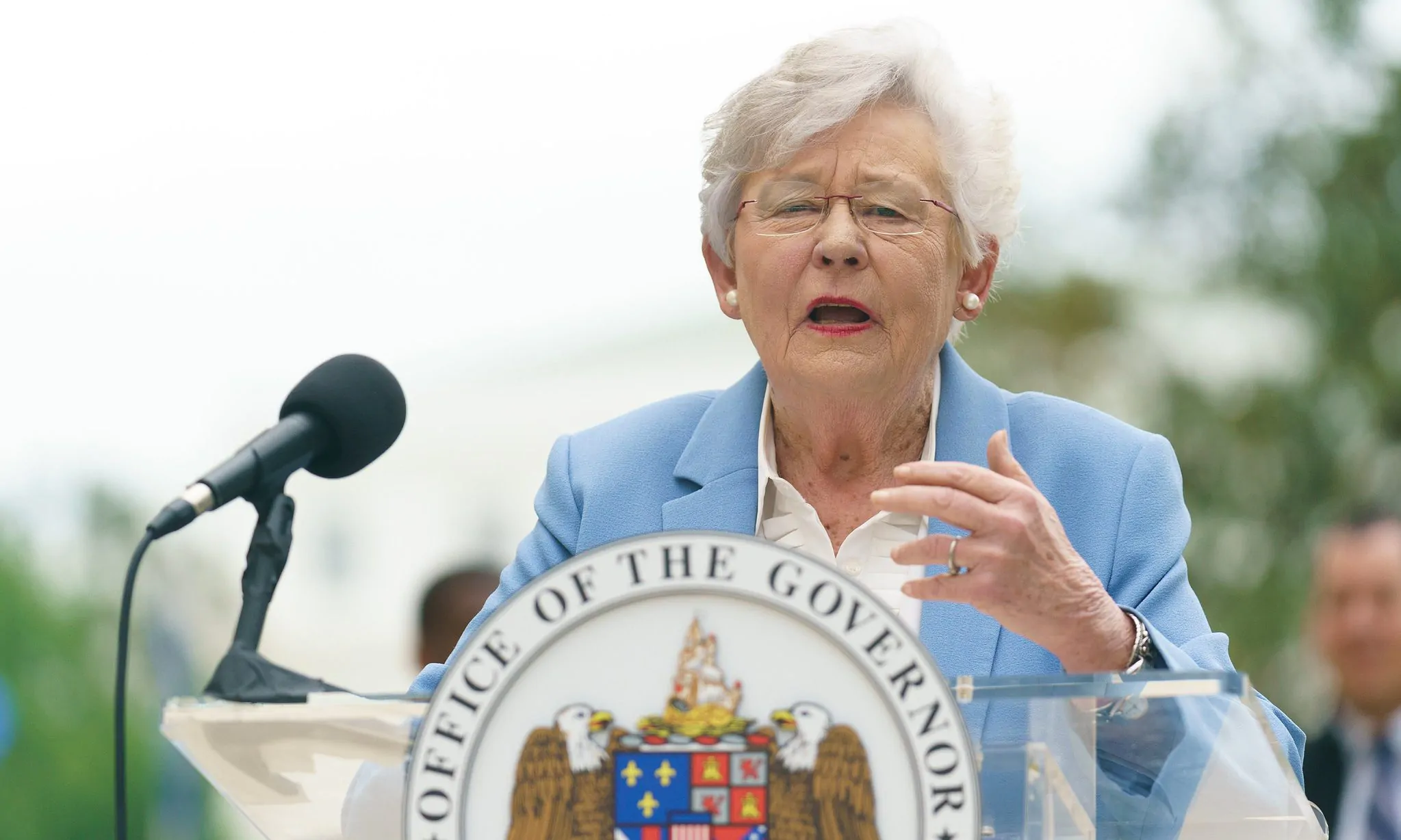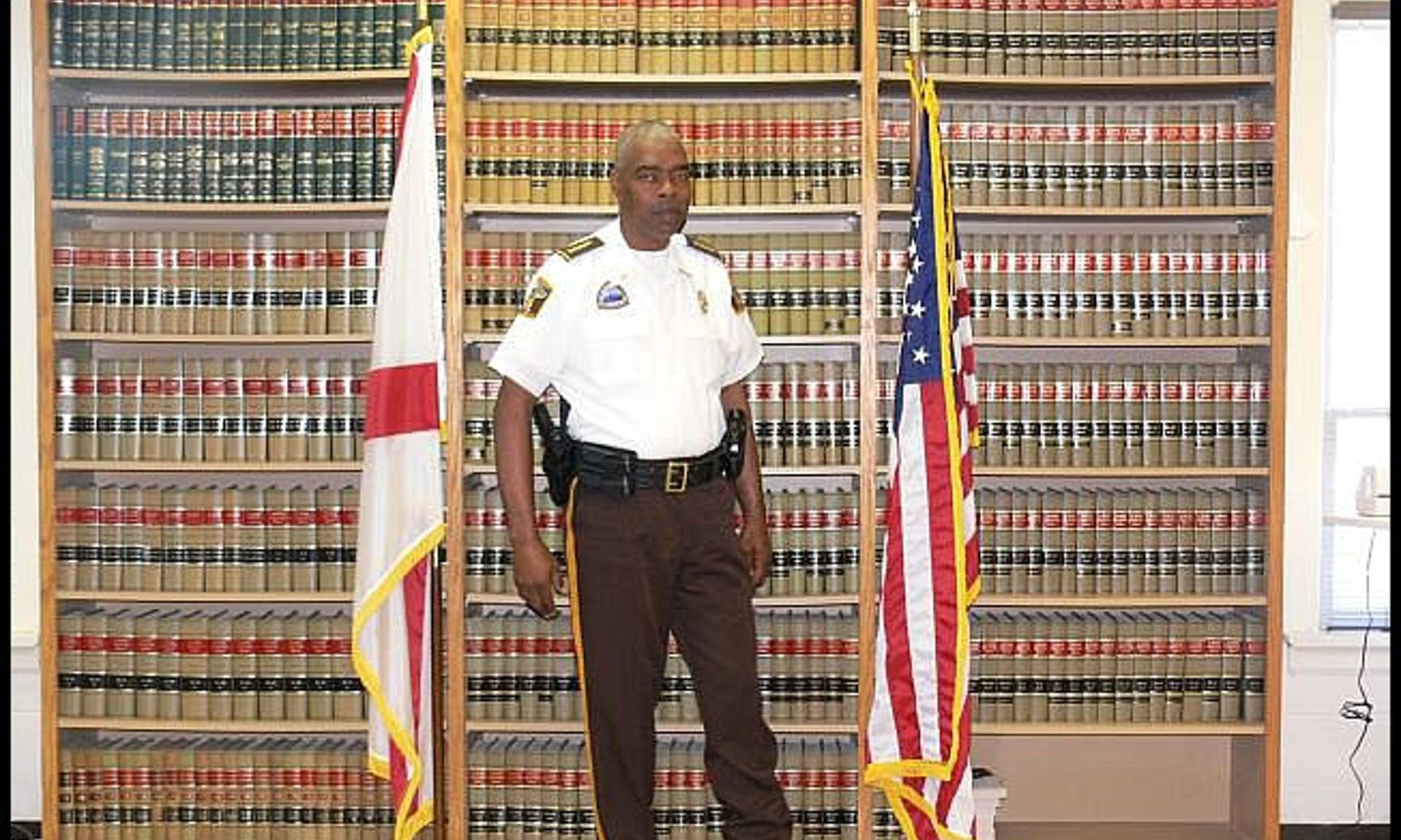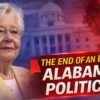Gov. Kay Ivey on Friday extended the formal “public health emergency” for 60 days, beginning May 13.
Ivey also issued another proclamation that provides liability protection for businesses and health care providers from being sued over COVID-19 matters if those businesses and health care providers “comply with or reasonably attempt to comply with applicable public health guidance.”
Ivey’s order also states that the emergency liability protections would cover businesses and health care providers unless they show “wanton, reckless, willful or intentional misconduct.”
“I want to do everything within my authority to protect businesses as Alabama’s economy gets up and running again,” Ivey said in a statement. “As we resume operations, the very last thing a business owner needs to worry about is a frivolous lawsuit from responding to COVID-19. Let me be clear, this in no way shields them from serious misconduct. If someone knowingly abuses the public during a time of crisis, they should be held accountable and prosecuted as such.”
Ivey is to hold a press conference at 11 a.m. to discuss possible changes to her “safer-at-home” order. The new proclamations issued Friday morning are separate from the state’s public health orders.
The existence of the states of emergency simply allows the governor to take extraordinary steps to deal with an emergency situation.
Eighth proclamation summary:
- The order provides safe harbor to health care providers, businesses, and other entities to encourage “reopening our state.”
- The order protects health care providers from a frivolous lawsuit based on actions they took or failed to take as a result of the COVID-19 pandemic.
- The order protects businesses from frivolous lawsuits when they conduct COVID-19 testing or distribute PPE to help protect people from COVID-19.
- The order “in no way shields these groups from claims of egregious misconduct. Claims based on egregious misconduct would be allowed to proceed,” according to the governor’s office.
{{CODE1}}
Ninth proclamation summary:
- One provision allows for probate judges to improve procedures for administering the July 14 primary runoff election.
- Probate judges would be allowed to reduce the number of poll workers, if necessary. They would also be allowed to conduct poll-worker training remotely.
- Another provision “cuts red tape for electric co-ops seeking to obtain emergency loans.” This will “help ensure that electrical cops are still able to provide electricity to their members during this public health emergency.”
- A final provision will extend the formal “public health emergency” for 60 days, beginning May 13.
{{CODE2}}












